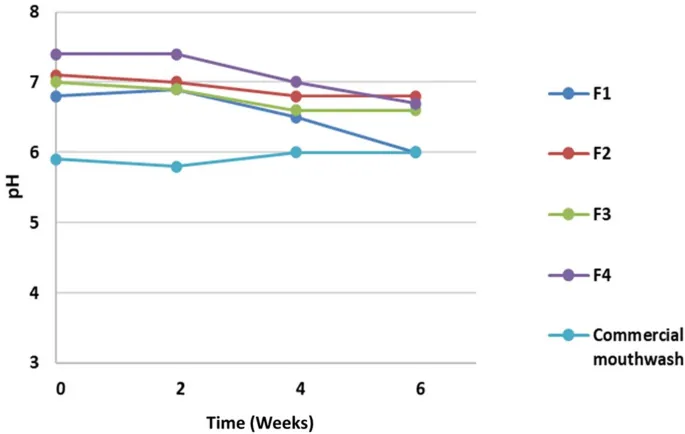
Unlocking the Power of Exercise: A Game-Changer for Atrial Fibrillation Patients!
2025-08-05
Author: John Tan
Revolutionary Findings on Exercise and Atrial Fibrillation
Recent research reveals that patients suffering from atrial fibrillation (AF) can significantly improve their health through exercise-based cardiac rehabilitation—without a significant increase in serious side effects. Published on July 29, 2025, in the British Journal of Sports Medicine, this study uncovers the myriad benefits such programs offer, including reduced AF recurrence, enhanced exercise capacity, and fewer, less severe AF episodes.
Dr. Benjamin J.R. Buckley from Liverpool John Moores University emphasized that while existing medications help control AF symptoms and mitigate stroke risk, incorporating self-management strategies through exercises could be crucial for managing arrhythmia progression and enhancing overall quality of life.
The Multifaceted Approach to Cardiac Rehab
Exercise-based cardiac rehabilitation isn't just about working up a sweat; it's a comprehensive approach that includes personalized lifestyle management, psychosocial support, medical risk management, and education on healthy behaviors. Yet, despite guidelines endorsing cardiac rehab for patients with heart attacks, heart failure, and post-surgery recovery, it remains underutilized among AF patients. Buckley stresses the necessity for more research in this area, especially given the clear benefits of exercise for AF patients, both as prevention and management.
No Increased Risk, Just Rewards
In this study, researchers analyzed data from 20 randomized trials involving 2,039 patients with an average age of 63, documenting their experiences over nearly a year. The findings were telling: participants in exercise-based cardiac rehab programs showed no increase in mortality or serious adverse events, but experienced 32% less risk of AF recurrence. They also enjoyed better exercise capacity and improved mental well-being.
Research confirms that physical activity not only helps reduce AF symptoms but enhances overall cardiovascular function, supports better heart rate variability, and can even alleviate feelings of anxiety and depression often associated with heart conditions.
Personalized Programs Make All the Difference
Experts Sarandeep Marwaha and Sanjay Sharma highlight the importance of tailoring exercise regimens to the individual—taking into account factors like health status and fitness levels. They caution against too abrupt a transition for those new to physical activity, recommending a gradual increase to meet health guidelines.
Buckley echoes this sentiment, urging patients to consult their healthcare providers before initiating any new fitness program—especially those with existing health risks. Starting slow is essential: jumping into high levels of activity too quickly can lead to setbacks.
Bridging Gaps in Care and Future Directions
Buckley’s team is keen to explore how existing cardiac rehab programs could be adapted for AF patients and whether telehealth solutions could effectively monitor symptoms and encourage lifestyle changes from home.
As the evidence mounts, it becomes clear: integrating exercise into the treatment plan for AF patients is a vital step towards better heart health. Even small changes can lead to substantial benefits—proving that every little bit helps when it comes to managing this complex condition.




 Brasil (PT)
Brasil (PT)
 Canada (EN)
Canada (EN)
 Chile (ES)
Chile (ES)
 Česko (CS)
Česko (CS)
 대한민국 (KO)
대한민국 (KO)
 España (ES)
España (ES)
 France (FR)
France (FR)
 Hong Kong (EN)
Hong Kong (EN)
 Italia (IT)
Italia (IT)
 日本 (JA)
日本 (JA)
 Magyarország (HU)
Magyarország (HU)
 Norge (NO)
Norge (NO)
 Polska (PL)
Polska (PL)
 Schweiz (DE)
Schweiz (DE)
 Singapore (EN)
Singapore (EN)
 Sverige (SV)
Sverige (SV)
 Suomi (FI)
Suomi (FI)
 Türkiye (TR)
Türkiye (TR)
 الإمارات العربية المتحدة (AR)
الإمارات العربية المتحدة (AR)